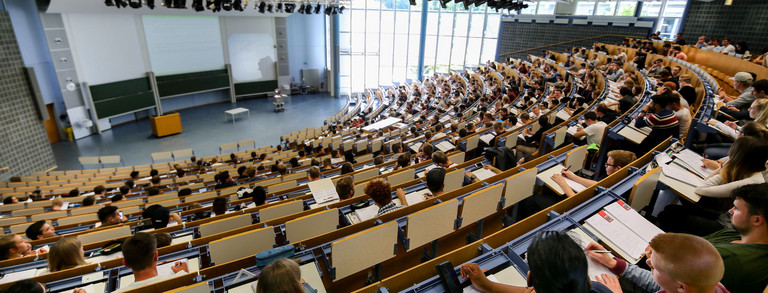Digital Geographies
The digital transformation does affect geographical space. The way in which we interact with spaces has therefore changed considerably in recent years. We post our locations on Facebook, follow space-related recommendations on Tripadvisor and generate new types of spaces on Twitter at the intersection of the digital and physical. These developments, which are summarised here under the generic term "digital geography", also lead to changes in spatial planning. On the one hand, spatial planners must adapt to the changed way people interact with spaces and take this into account in their planning processes. On the other hand, planning processes themselves are also affected by this development, which has led to the emergence of so-called e-planning.
This seminar intends to offer an up-to-date, synoptic, and critical overview of how digital instruments, logics, methods, etc. influence and change geography as a spatial science and thus also spatial planning. The following topics will be covered:
- Digital spaces
- Digital methods
- Digital cultures
- Digital economies
- Digital policy
After an introduction by the instructor at the beginning of the semester, these topics are dealt with in the form of discussions prepared and led by the students. The students will give short presentations at the beginning of each class and then create discussion sessions based on these presentations. The latter will be the focus here to give students the opportunity to optimise their argumentation skills.

